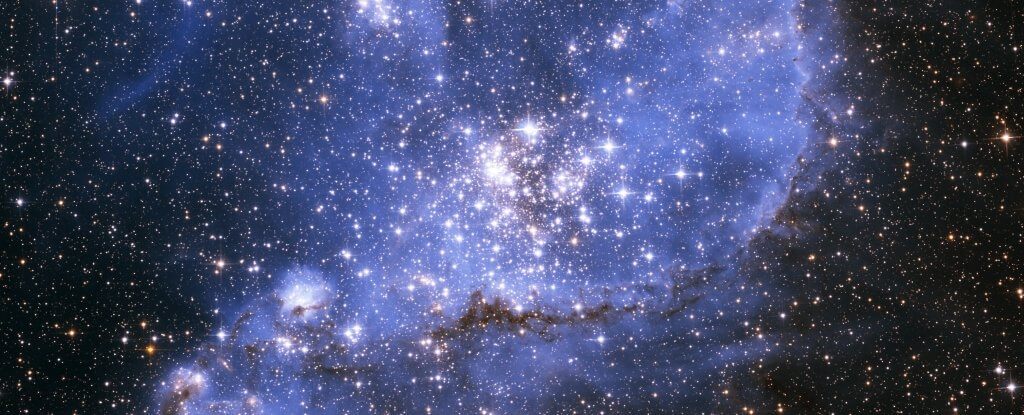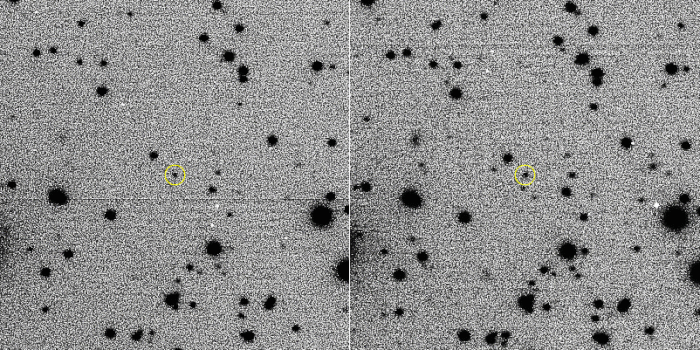
Visited us last year, the asteroid Omwamwi, flown in from another system, forced scientists to think about how, not whether in the Solar system similar? Article researchers, recently published in the journal Monthly Notices of the Royal Astronomical Society, suggests that Omwamwi is not the first interstellar envoy. Moreover, the discovered object, in contrast to Omwamwi remained within the Solar system.
Last year, scientists discovered Omwamwi first interstellar asteroid that came from outside our planetary system. However, it was only a temporary guest, the object moves in open hyperbolic trajectory at a speed of about 26 kilometers per second and will soon leave the Solar system. Now, the researchers came to the conclusion that a 2.1-kilometer asteroid 2015 BZ509 also could have come from outer space, but, unlike Omwamwi, he probably stayed in the Solar system permanently.

Astronomers under the leadership of Fathi Namouni from the University of the côte d’azur drew attention to the fact that, unlike most Trojan asteroids of Jupiter, 2015 BZ509 revolves around the Sun in a retrograde orbit — that is, moving in the opposite direction. Until now, the cause of the observed phenomena remained a mystery to scientists.
“If 2015 BZ509 was born in our system, he would have to move in the same direction as other planets and asteroids that emerged from the initial cloud of gas and dust,” says Namoni.
Scientists conducted a computer simulation which determined how changing the trajectory of 2015 BZ509 in the history of the Solar system. The model showed that all 4.5 billion years a celestial body moving in the retrograde direction, and thus could not be born in the same cloud that the Earth and other planets.

“Migration of asteroids from other solar systems is because the Sun initially formed in a dense cluster, where each star had its own system of planets and asteroids,” — said Helena Moreh, one of the authors of the work.
The study of “interstellar immigrant”, according to astronomers, will help to understand how evolved the Solar system.
Astronomers today are also aware of two asteroids with hyperbolic trajectories which will soon leave the vicinity of the Sun. Scientists suggest that the hyperbolic orbit of a celestial body fell under the influence of gravity of Jupiter.
In orbit of Jupiter, settled “interstellar immigrant”
Nikolai Khizhnyak